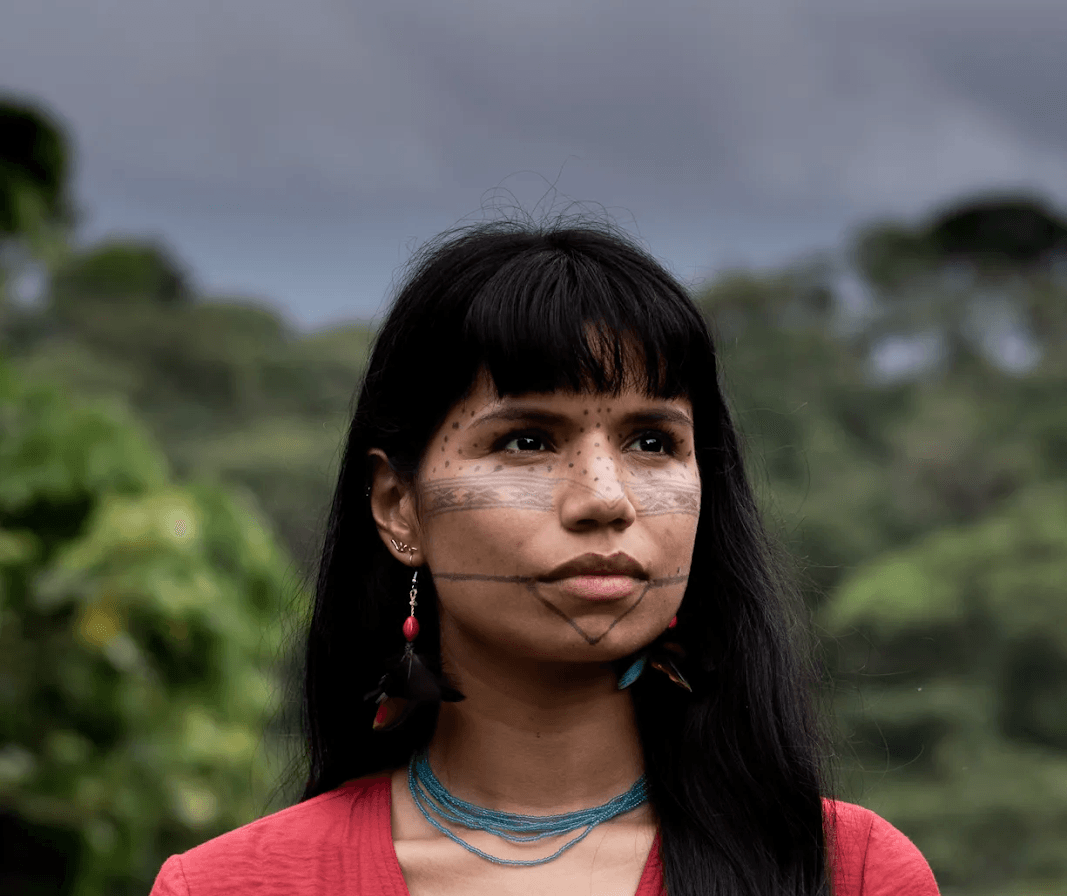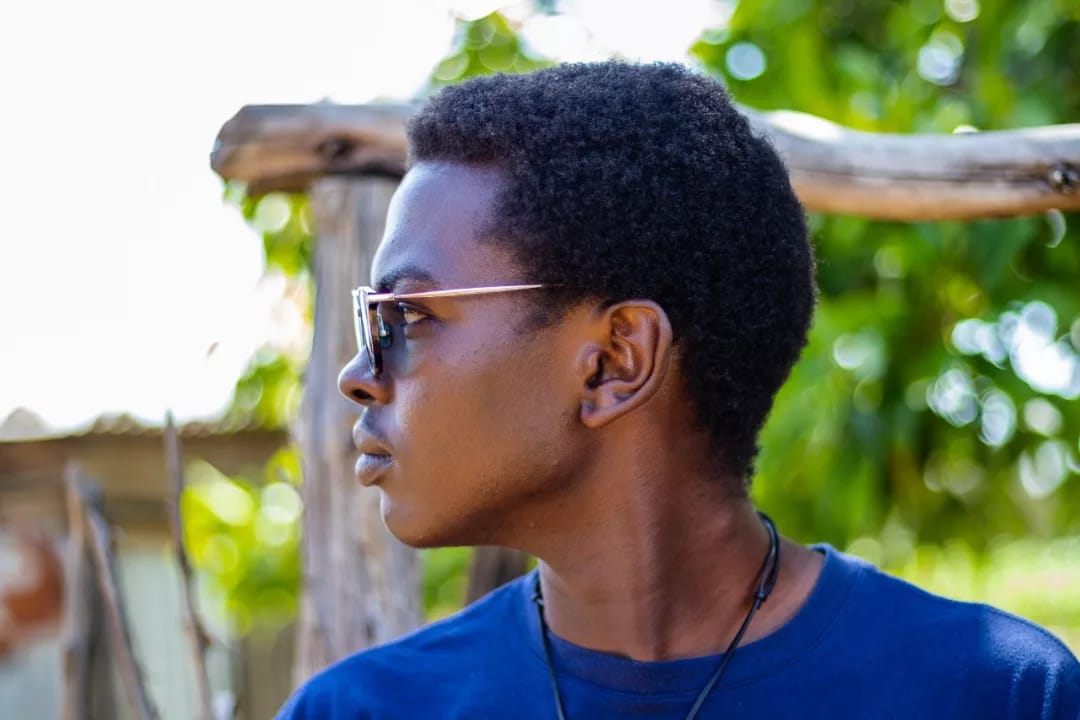When an Argentine oil company invaded the territory of the Sarayaku community in the Amazon forest to extract oil against the community’s will, eight-year-old Nina Gualinga witnessed the bold resistance of her people, which moulded her into one of the most revolutionary indigenous protectors of the Amazon forest. The ten-year battle of the Sarayaku women, physically and in court, saved the Ecuadorian Amazon forest from exploitation, and Nina Gualinga has continued the fight to protect the Amazon forest and the rest of the global environment.
Who is Nina Gualinga?
Nina Gualinga is an environmental and human rights activist born in June 1993 in Sarayaku, Ecuador. She was born to a Sarayaku mother who speaks Kichwa and a Swedish-speaking Finnish father. When she was eight, she moved to a boarding school in Sweden called Sigtunaskolan Humanistiska Läroverket and later studied human rights at Lund University. She represented the youth of Sarayaku at the last hearing of the court battle between the Sarayaku community and the Ecuadorian government in the Inter-American Court of Human Rights, which played a crucial role in winning the case.
Her fervent belief in the innate dignity of all persons and their homes, as well as her vigorous fight to protect the environment, has been vital to the preservation of the Amazon as well as the environment in other parts of the world. She is part of Mujeres Amazonicas (Amazon Women), a group of Indigenous Amazonian women fighting to preserve the Amazon forest, which has been their home for centuries, hoping to keep the forest alive for generations to come.
Nina Gualinga’s activism
Her activism has made her an icon on a global scale. At the 2014 People’s Climate March, she was keen on stopping the extraction of fossil fuels, a major problem in the Ecuadorian Amazon and many other parts of the world. She also attended the 2016 ICUN World Conservation Congress, COP20, COP21, COP22, COP23, COP25, and COP26 and in all these conferences, she shed light on the great danger that extractivism has on the Amazon forest, the global environment as well as on women.
She made one of her greatest statements during COP21 in Paris, where she sailed on a canoe from her home village on the Seine River, drawing attention to her people's plight. The dedication of her life to environmental conservation has not gone unnoticed, for in 2018, she was awarded the WWF International President’s Youth Award. Still, she continues her fight and hopes that the Ecuadorian government will stop selling oil concessions to mining corporations and realise that the Amazon forest itself is an asset.
Nina also found a creative way to strengthen the bond between the women in the fight for the Amazon. She founded Hakhu Amazon Design which gives over 200 Indigenous women alternative sources of income through making arts and crafts and selling them online. This organisation has helped keep the women united in the fight for the Amazon forest despite the numerous threats they receive.
In an interview with British Vogue, she stated, “The work I was doing previously, which was strictly environmental, has now expanded to become about sisterhood, about healing, about inclusion, about love — that is really beautiful to me.” To her, the fight for the environment has brought her community closer and has been fortified by the unity of the Mujeres Amazonica.
Writer’s commentary
If I were to put a name to what Nina Gualinga has been fighting, I would call it greed. The greed seems so insatiable that it consumes its hosts, and they fail to see what getting what they want may cause. They fail to recognise the importance of the forest to thousands and only see the riches they may gain from what sits beneath the roots of trees that have stood there for centuries.
On the other hand, if I were to describe Nina Gualinga, I would say she is selfless, the perfect remedy for greed. She seeks to protect the forest so that the generations after her shall sit in its shade and admire its beauty. She seeks to defend that which cannot defend itself. She wishes to preserve her identity and home against powers greater than herself, powers that rule over her. In preserving the environment, she has safeguarded the interconnected tapestry that is the source of life and sustenance on Earth. Alli kani Nina!





